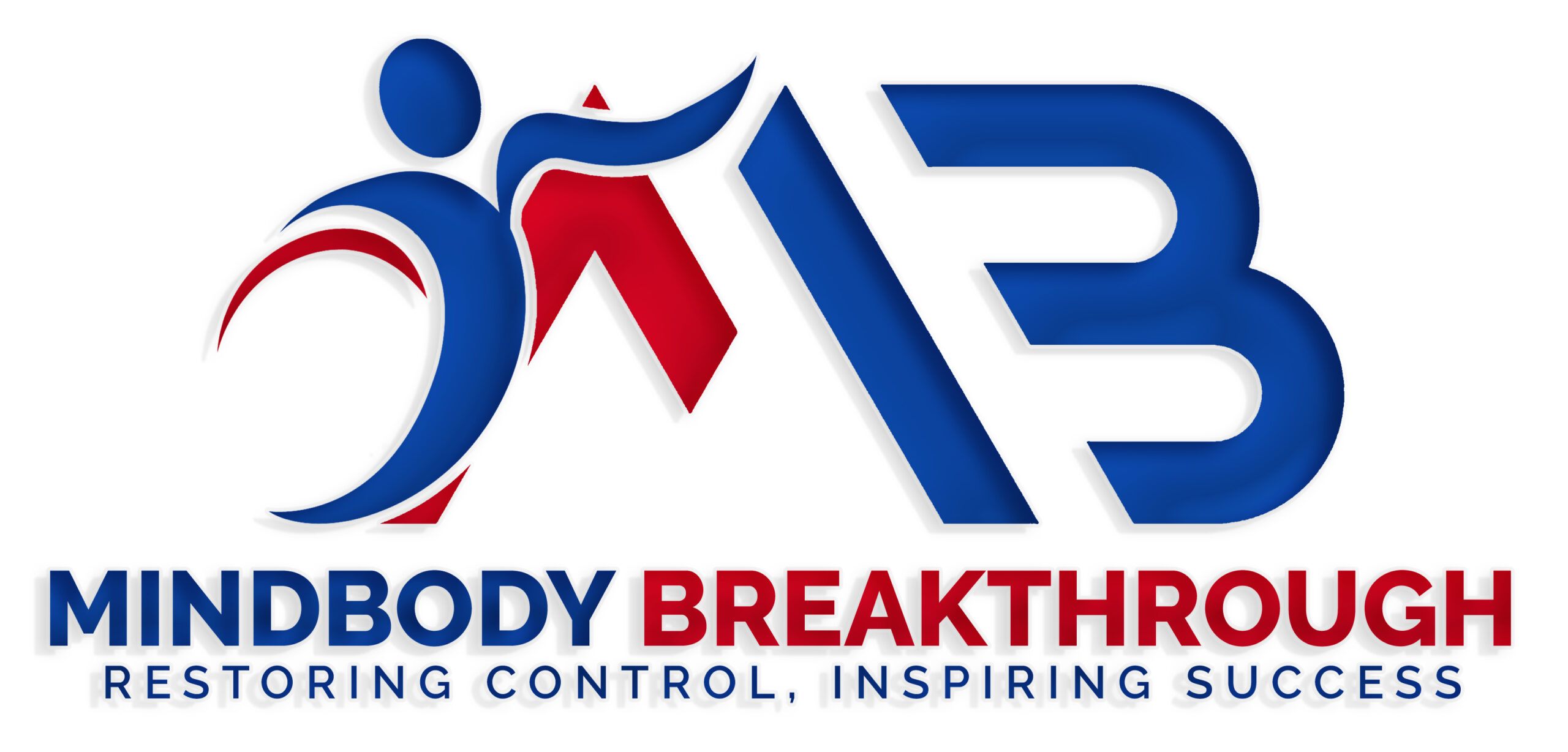Introduction
This course provides a step-by-step guide and meditation clips to rewire the brain for greater control over debilitating OCD. Obsessive-compulsive disorder (OCD) is a brain-driven condition characterised by distressing, intrusive, obsessive thoughts and repetitive, compulsive physical or mental acts.
For Professionals, as well as Sufferers…
This online course attracts both professionals and sufferers who are interested in the in-depth understanding of how the brain reacts to OCD, the regions of the brain involved and effective recovery framework.
If you require a continuing professional development (CPD) certificate for this online course, you can request via email for your CPD certificate upon completion of the online course (3 hours CPD).
- The main symptoms of OCD are obsessions and compulsions. Obsessions are intrusive repetitive thoughts, urges, images, or impulses that trigger anxiety and that the individual is not able to suppress. Richter PMA, Ramos RT. (2018)
- Compulsions are repetitive behaviours or mental acts occurring in response to an obsession with the intention of reducing the distress caused by obsessions. Richter PMA, Ramos RT. (2018)In The Diagnostic and Statistical Manual of Mental Disorders (DSM)-5, which was published by the American Psychiatric Association (APA) in 2013, Obsessive-Compulsive Disorder sits under its own category of Obsessive-Compulsive and Related Disorders. Within that are the following subcategories were placed:
- Obsessive-compulsive disorder (OCD)
- Body dysmorphic disorder (BDD)
- Hoarding disorder
- Trichotillomania
- Excoriation (skin-picking) disorder
- Substance/medication-induced obsessive-compulsive and related disorder
- Obsessive-compulsive and related disorder as a result of another medical condition
- Other specified obsessive-compulsive and related disorder
- Unspecified obsessive-compulsive and related disorder
A. Presence of obsessions, compulsions, or both:
Obsessions are defined by (1) and (2):
- Recurrent thoughts, urges, or images that are experienced, at some time during the disturbance, as unwanted, and that in most individuals cause marked distress
- The individual attempts to suppress such thoughts, urges, or images, with some other thought or action (i.e., by replacing with a compulsion).
Compulsions are defined by (1) and (2):
-
- Repetitive behaviors or mental acts that the person feels driven to perform in response to an obsession.
- The behaviors or mental acts aim at reducing anxiety or distress or preventing some dreaded situation; however, these behaviors or mental actions do not connect in a realistic way with what they are designed to prevent or are clearly excessive. Brock H, Hany M (2020)
This course provides the tools you need to start to bring your OCD symptoms under control and experience greater calm and confidence.

















